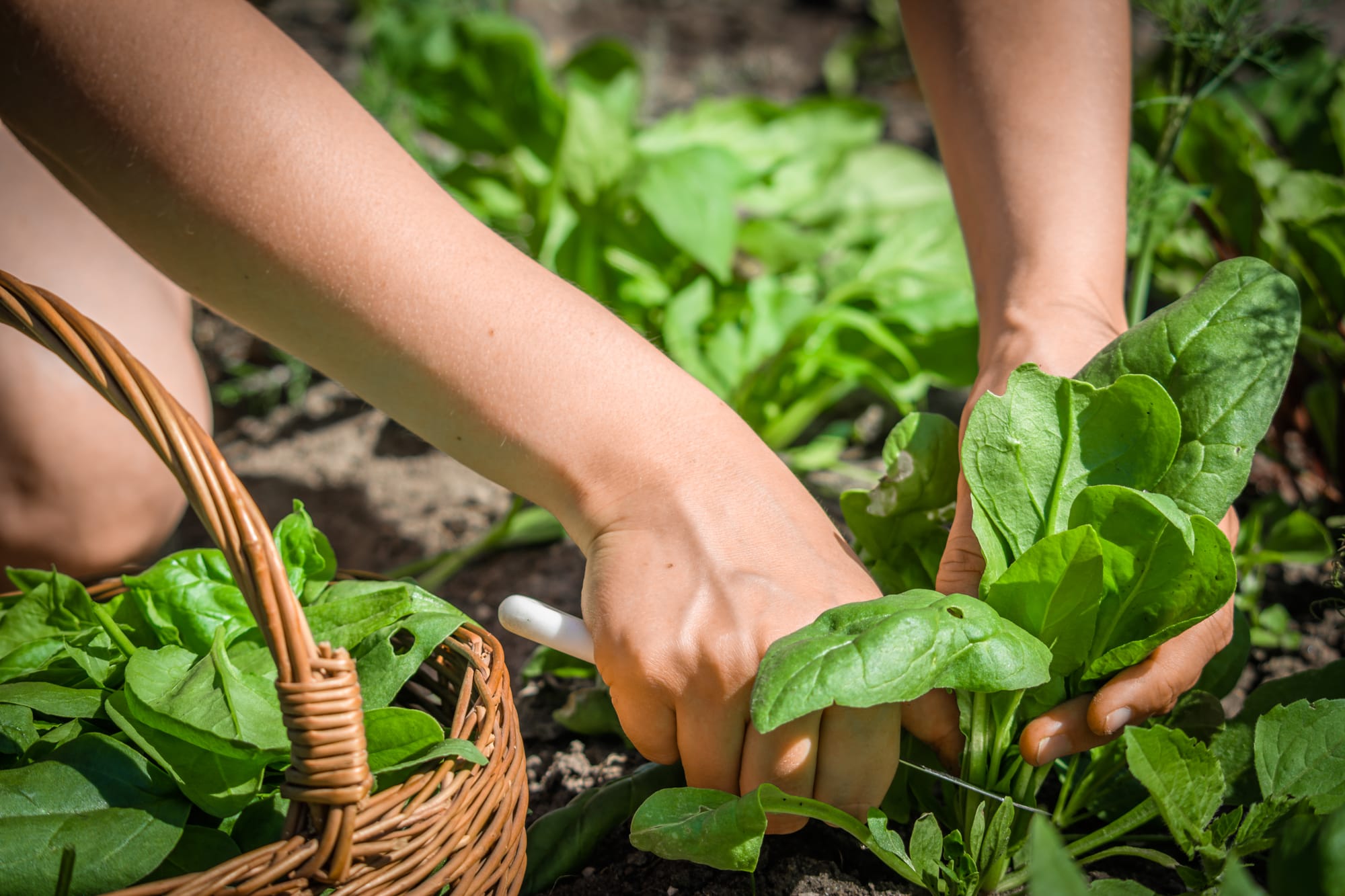Humility

When I first started learning what was possible in a plot of land, I got really excited. To grow a portion or all of the produce one family needs was an intoxicating thought. It gave me reason to be outside and playing in the dirt, and a meaningful exercise in helping to make ends meet in a tight economic time.
I read veraciously in those days, as I was still in the city and had a very small yard in front of our row home. Still, I couldn’t get enough and fell asleep at night dreaming of all the things I’d plant.
Once I got to a town and a home and a yard where all those things were possible, I dove right in, buying up all the seeds, rooting-on scallions to plant in the garden, sprouting sweet potato slips to grow a fresh crop for us to eat. Flowers too, and fruit bushes, all fell under the realm of possibilities, and I planted everything I could buy or scrounge up.
Around this time, there were gardening shows to watch on PBS and I watched the amazing things P. Allen Smth did with absolute lust. A ring of cherry trees encircled by tulips! Oh yes, this is possible. Later, there were all sorts of videos on YouTube and influencers growing the lushest of gardens in every form imaginable.What none of this tries to demonstrate is the learning curve it takes to get to such success, and the many failures along the way that cause us to doubt ourselves and the scope of our own possibilities. That takes time and seasons to learn. Planting spinach in the spring always results in them going to seed and flowering as the days lengthen. Learning to plant in the fall and carefully overwintering is a much better strategy but one that has to be learned. Planting too many carrots seeds or letting them dry out for even an hour teaches another lesson. Trying to grow broccoli in the heat of summer is fruitless, and failing to recognize the Colorado potato beetle is another. And all of these lessons are meant for us so that we might learn. I still plant some spinach in spring, even knowing the ultimate outcome, because I want to savor the “some” I will get before the bolting. I’ve learned to plant many things very early and to keep them covered with a light fabric mesh to keep the bugs away. I’ve learned to try something new every season and learn its lessons so I will be better prepared next season. And I’ve learned the hope that comes from every new late winter, when all is still but a dream. It’s humbling to know I will fail to get some things right, or fail to notice, or miss the right window of time for some of the things I endeavor to grow, but gratitude tempers that and I go on. The sweetest, most flavorful tomatoes are the ones I grow, the peas the freshest, the berries the perfect ripeness.
So what that some of the squash will wither and die. As soon as it succumbs, I am making plans for the following year, ever hopeful that I’ve finally learned enough to be successful next summer. The garden gives boundless hope if we are willing to accept the lessons given. By – Jenny Folk


